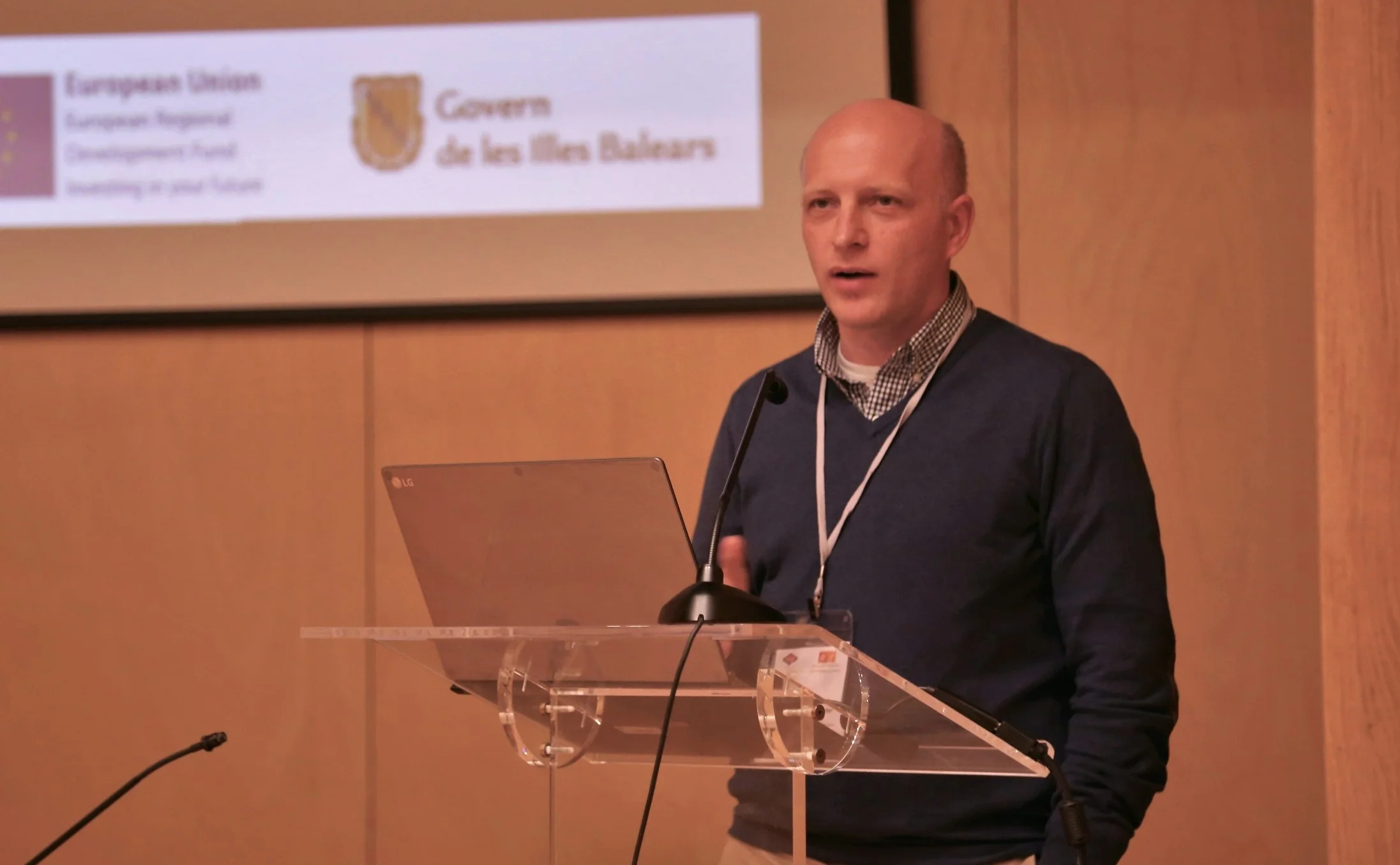In their recently published study, Fabrice Parmentier, Toñi Pacheco and Sara Valero explored whether the distraction by task-irrelevant deviant words is mediated by the extent to which these words relate to our biological needs. in this study, participants were asked to categorize visual digits while ignoring task-irrelevant sounds. On rare occasions these sounds were food-related words or control words (as opposed to a tone). Participants who came to the laboratory in a state of hunger exhibited greater distraction by the irrelevant words than satiated participants. In contrast, satiated participants showed facilitation in ignoring the deviant food-related words. These effects were observed in the first block of trials only, suggesting rapid semantic saturation thereafter. These results follow up on the work by Parmentier (2008) and demonstrate that irrelevant deviant words undergo semantic processing even when they share no feature with the primary task.
Reference: Parmentier, F. B. R., Pacheco-Unguetti, A. P., & Valero, S. (2018). Food words distract the hungry: Evidence of involuntary semantic processing of task-irrelevant but biologically-relevant unexpected auditory words. PLoSONE 13(1): e0190644.
[Download here]
Abstract: Rare changes in a stream of otherwise repeated task-irrelevant sounds break through selective attention and disrupt performance in an unrelated visual task by triggering shifts of attention to and from the deviant sound (deviance distraction). Evidence indicates that the involuntary orientation of attention to unexpected sounds is followed by their semantic processing. However, past demonstrations relied on tasks in which the meaning of the deviant sounds overlapped with features of the primary task. Here we examine whether such processing is observed when no such overlap is present but sounds carry some relevance to the participants’ biological need to eat when hungry. We report the results of an experiment in which hungry and satiated participants partook in a cross-modal oddball task in which they categorized visual digits (odd/even) while ignoring task-irrelevant sounds. On most trials the irrelevant sound was a sinewave tone (standard sound). On the remaining trials, deviant sounds consisted of spoken words related to food (food deviants) or control words (control deviants). Questionnaire data confirmed state (but not trait) differences between the two groups with respect to food craving, as well as a greater desire to eat the food corresponding to the food-related words in the hungry relative to the satiated participants. The results of the oddball task revealed that food deviants produced greater distraction (longer response times) than control deviants in hungry participants while the reverse effect was observed in satiated participants. This effect was observed in the first block of trials but disappeared thereafter, reflecting semantic saturation. Our results suggest that (1) the semantic content of deviant sounds is involuntarily processed even when sharing no feature with the primary task; and that (2) distraction by deviant sounds can be modulated by the participants’ biological needs.




